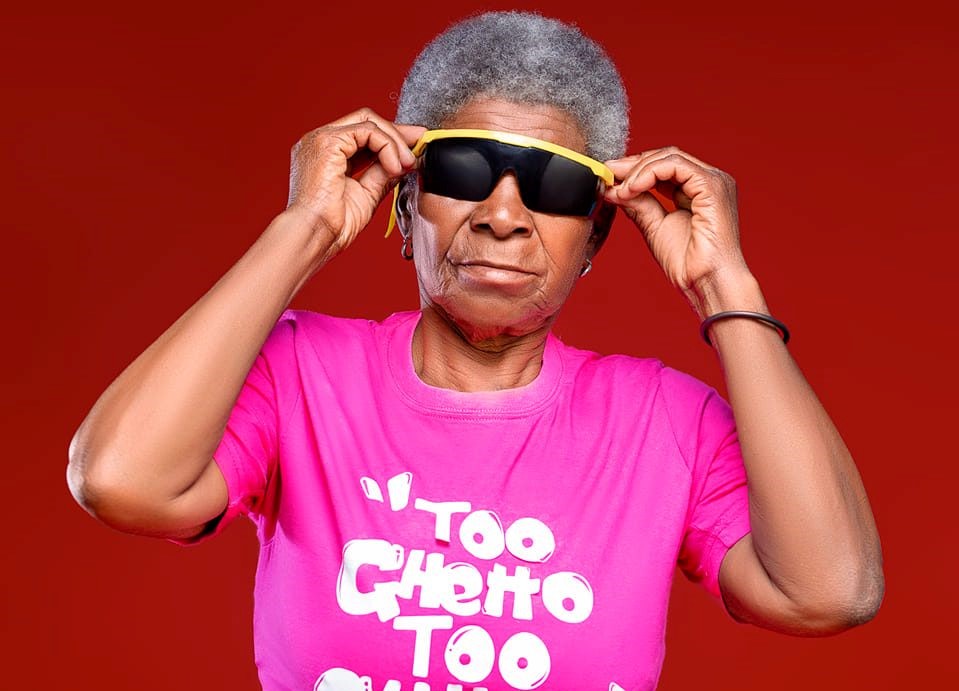Is film industry protected?

The Holywood has been setting some of their movies in Africa. Countries such as Sierra Leone, the Democratic Republic of Congo and South Africa are among a few African countries that have been in most blockbuster movie sets. There have been documentaries that have been shot in the country by foreign filmmakers.
But with no known local guild for filmmakers, what would happen if a foreign movie company wanted to shoot their movie in Malawi? Are there regulations on how the industry would deal with foreign companies? How would a local filmmaker benefit in such collaborations? Are local actors, who are expressing interest to appear in movies produced by foreign artists not going to be exploited?
Filmmakers Association (Fama) president Ezaius Mkandawire admitted to Society that the only thing they can do at the moment is advise members in the industry to scrutinise the contracts carefully before jumping onto signing them.
“We have always advocated transparency in contract such as those. As much as it is an opportunity for our actors to appear in a foreign picture, it would be absurd if the actors would cry foul at the end,” said Mkandawire.
He, however, added that foreign companies would have to follow laws of Malawi when undertaking their business.
He said his body is aware that the fees that most foreign companies working in Malawi pay is peanuts and that as a country, Malawi is losing out on revenue; hence, he would not want the local film industry to be exploited.
“Fama will advocate a review of the laws so that we come up with realistic fees that match the current economic stand,” said Mkandawire.
He added that his association encourages actors to associate with colleagues from other countries if they are to break into the international market.
“We are aware that other players can have bad intentions, something that we cannot foresee. We can just advise artists that when they face contractual challenges they must let us know as quickly as they can,” said Mkandawire.
Shemu Joyah, one of the of Malawian filmmakers says it is only when Fama is empowered to act on such issues that Malawian filmmakers and government can benefit on the collaborations.
“For example, in South Africa, they have the South African Film Commission which regulates through laws how local filmmakers should interact with foreign movie companies,” says Joyah.
He added that the country cannot attract big shots in film industry companies like South Africa attracted Paramount to Shoot Sarafina or like Nigeria collaborated with Hollywood to produce Phat Girls because the country’s laws do not really have guidelines on collaborations.
“Large movie corporations look at a country’s legal environment and they do not want to invest in where production can be halted at some point because the law is not clear.
“It is this commission which regulates and helps in the production process say if roads are to be closed, but here even if they go to police to close the roads the police would be reluctant,” he said.
He stressed the need to empower Fama so that movie production is regulated.
Lecturer at Chancellor College’s department of Fine and Performing Arts, Smith Likongwe, said there is need for Fama to come up with guidelines on collaborating with international movie companies.
“If guidelines are put in place, these collaborations can benefit Malawian film industry not only in finances, but also in skills since when these companies come, they pass on the skills to the local filmmakers that are involved in the productions,” said Likongwe.
He agreed with Joyah that there is need to empower Fama to act as a regulator in as far as the local film industry is concerned.





